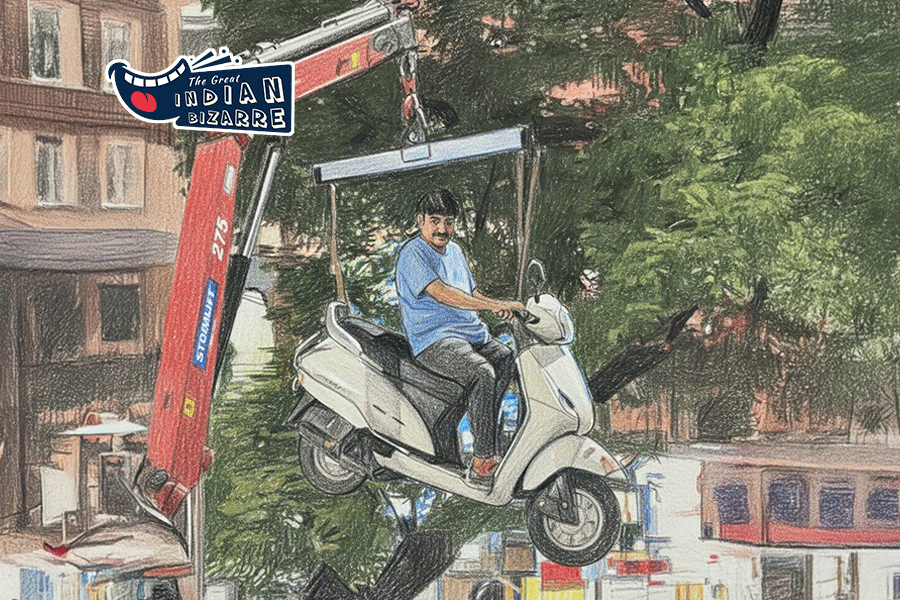Sixty-year-old Yacoob thanked Allah as he spontaneously knelt on the floor of the special court trying the Coimbatore blast case. It was a gesture of profound relief. The sessions judge trying the 1998 serial blasts had just declared that Yacoob would be released from prison. Yacoob, an active member of al Umma, the banned Islamic fundamentalist outfit, was among the 70 offenders convicted of criminal conspiracy. Sentenced for ten years on the conspiracy charge alone, Yacoob did better than the 43 who were handed down life sentences. Like the others, Yacoob’s sentence was to run concurrently with the other sentences. But he had been in jail for over nine years. This, together with the commutation benefit, meant Yacoob was hours away from his freedom.
Several others joined Yacoob in prayers, kneeling down, with their backs to the court. The judge remarked that the posture could be interpreted as contempt of court. But the court, “in doing its noble duty, did not mind it.” The judge pointed out that during the trial many of the accused had offered daily prayers from within the court. The gesture made evident the grace and magnanimity with which the court had handled the accused.
Al Umma had executed the serial blasts to avenge the killing of 18 Muslims in communal clashes in Coimbatore earlier in 1997. It was also a daring attempt to finish off the Bharatiya Janata Party president, L.K. Advani, who was scheduled to address a meeting that day. The serial blasts on February 14, 1998, killed 58 persons and injured over 250 others and Advani had a providential escape.
Talking point
The prime accused in the blasts, S.A. Basha, a small-time extortionist, had founded al Umma in 1993. In a state where the Dravidian movement prided itself in coalescing the Muslim identity as part of an over-arching Tamil identity, the communal frenzy during the time was unparalleled. There had been some communal friction since the early Eighties following the mass conversions of Dalits to Islam. But the post-1992 atmosphere was different.
Basha’s crime, as the judge himself acknowledged, “goes beyond all horizons of mercy”. Yet, Basha, including his second-in-command, Mohammed Ansari, has escaped the noose. The judge has chosen life term over death sentence, keeping in mind the ‘extraordinary’ concatenation of factors and circumstances. He noted the “failure of the State machinery” in handling the situation arising out of the earlier 1997 communal clashes in Coimbatore, and said that the “chain reaction” which followed was a lesson to be learnt.
The words were undoubtedly carefully chosen. The judge stated that not only did this failure lead to a situation where the Muslim community was driven to a “state of perpetual fear and a sense of helplessness”, but certain sections of Muslims also “lost faith” both in the State machinery and the judicial process itself. The accused did not have faith even in their counsels, changing their advocates almost every week.
There were gaps in the investigation as well. Charges being made out on ‘weak evidence’, casual examination of witnesses, the splitting of al Umma and a lot of other factors had their effect on the trial. But amid such complexities, the court pinned its hopes on the reformative instinct of the accused. If sentenced for life, at least some of them would have a chance to tell the world outside about the futility of violence to secure the interests of a community in a democracy. The trial court’s apparent leniency in awarding punishment in this case has become a talking point. But it may serve as a new balm for the communal pain. However, unless the deep disconnect within the community itself is addressed, reconciliation may be a distant dream.











